Listen to the audio version:
Commentary
Leadership is about relationships — the people whom we inspire and those who have inspired us. Who have been your mentors? Who has helped you along the way? I believe we must from time to time stop and acknowledge those who have assisted us on our journey through life.
Most people start with their parents and move on to their teachers. My parents gave me a start by paying for my college education. I was the first in my mother's and my father's families to graduate from college. So I have much to be thankful for. And my teachers have been numerous, whether in the classroom or in books or in day-to-day living. And don't forget our children and grandchildren. They teach us as parents so much. They help us to return to the passion of our youth.
How about the person who hired you into your current job? He or she saw something in you that others did not. Most of us have had job interviews where we were not hired for the job. How about the person who hired you into that most important first job in your career? The person who hired me into my first job in health care was a man named Wes Faulkner. He saw something in me that others did not. He taught me much about creativity, writing and corporate politics. I also remember Jack Stocking. He took a chance on me and changed the trajectory of my career. Both men have died, but they still live on in my memories.
I could list hundreds of people who have touched my life from beggars whom I gave a handout to the Presidents of companies. None of us live in a vacuum. Think about your neighbors. The person who mowed your yard when you were sick. The minister who married you. The banker who loaned you money. The salesman who sold you a new car. A doctor who saved your life.
We have so much to be thankful for. Yet, how easily we forget and feel we have nothing — that we have not been as successful as we wanted. We need to develop an attitude of gratitude — to give thanks each and every today.
Saying thanks, though, is not enough. We need to give back. We need to mentor others. We need to inspire and motivate the people in our lives — the people whom we manage as well as members of our family and neighborhood.
Who are you mentoring this week? Who are you inspiring to learn more and achieve more?
Focus this week on the words of John Quincy Adams: "If your actions inspire others to dream more, learn more, do more, you are a leader."
John Quincy Adams
Born July 11, 1767 in Braintree, Massachusetts and grew up on the family farm.
Eldest son of John and Abigail Adams.
At the age of ten he traveled to Europe with his father where he lived and studied for seven years.
Graduated second in his class at Harvard in 1787.
Opened law practice in Boston in 1790.
Appointed ambassador to the Netherlands by President George Washington in 1794.
Appointed ambassador to Portugal in 1796.
When John Adams became President, he appointed his son as ambassador to Prussia.
Married Louisa Catherine Johnson on July 26, 1797 against his parents wishes. They had three sons and a daughter.
Elected to the Massachusetts Senate in April 1802.
Elected to the U.S. Senate by the Massachusetts legislature in February 1803.
Appointed by President James Madison as Minister to Russia in 1809.
Madison appointed Adams to the U.S. Supreme Court in 1811. Adams declined the seat on the Court, preferring a career in politics and diplomacy.
Served as Secretary of State under James Monroe from 1817 - 1825.
Ran for President in 1824 along with Andrew Jackson, Henry Clay, and William Crawford. Jackson came in first and Adams second. Since no candidate won a majority of the electoral votes, the election was sent to the House with each state having one vote. Adams won in the House.
John Quincy Adams was inaugurated as the sixth President of the United States on March 4, 1825.
Defeated for re-election in 1928.
His son, George Washington Adams, died in 1829, possibly suicide.
Ran for a seat in the House of Representatives in 1830 and won. He remained in the House for 18 years.
In February 1848, John Quincy Adams suffered a massive cerebral hemorrhage and died two days later at the age of 80.
Source: Wikipedia
Click below to download a PDF of this newsletter that you can send to others and keep in your files.

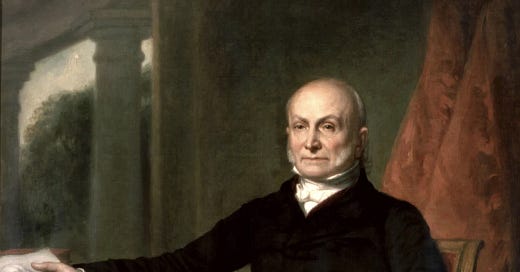


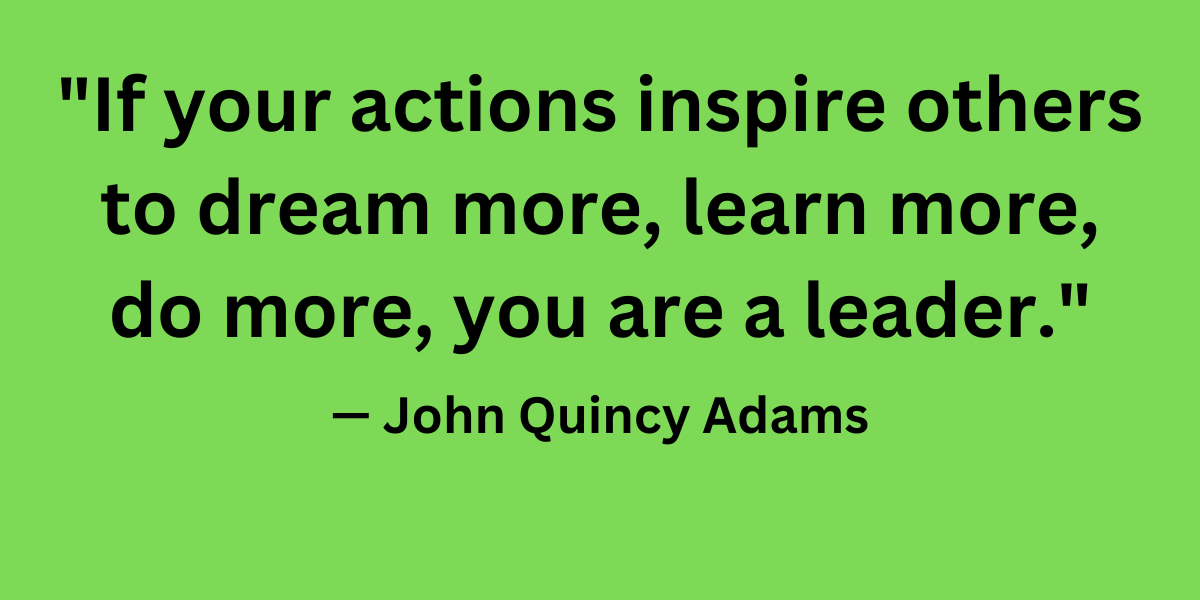
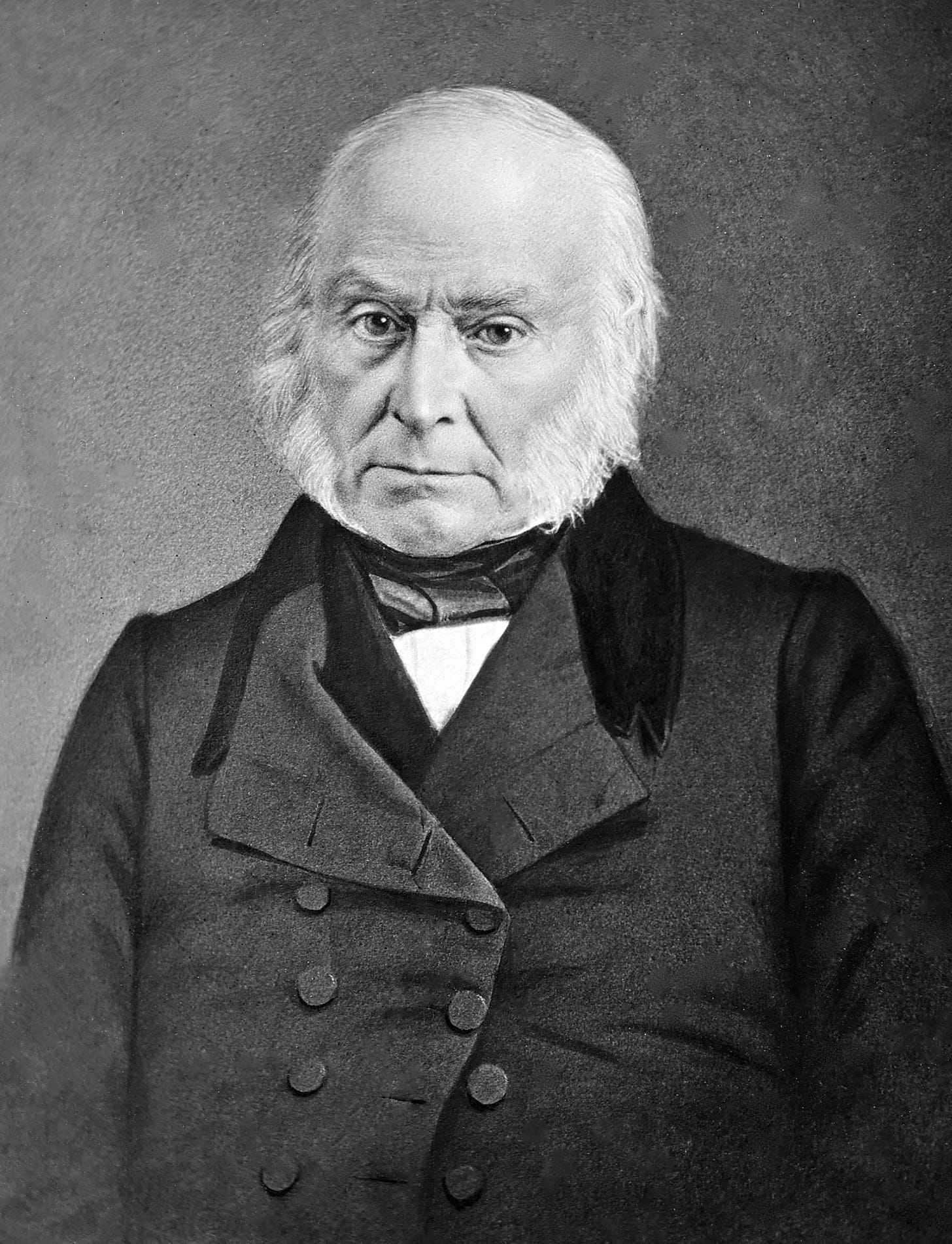
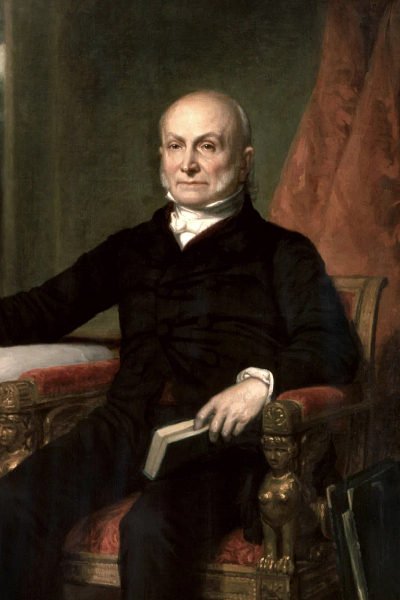
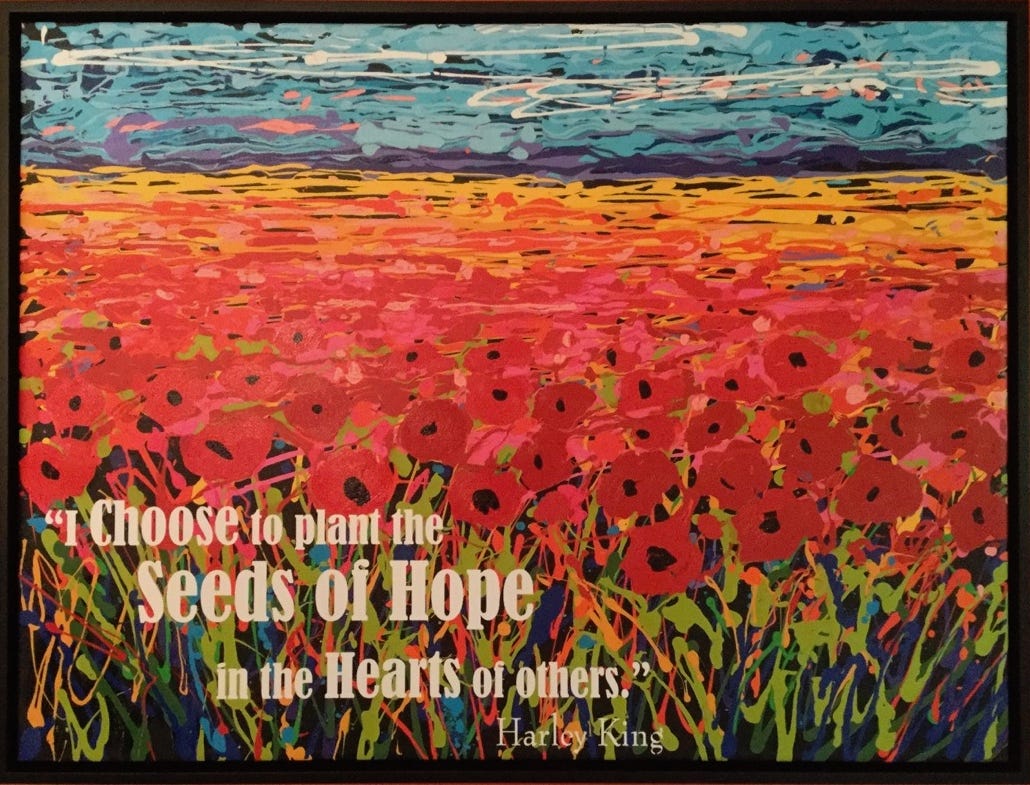
This is a brilliant write, Harley. You speak of numerous others inspiring you, but you are inspiring with your post, as well. Thank you, Harley, for your inspiration.
Thanks, C.J. I am taking a page from your playbook. I am reposting past posts. Thanks for the idea.